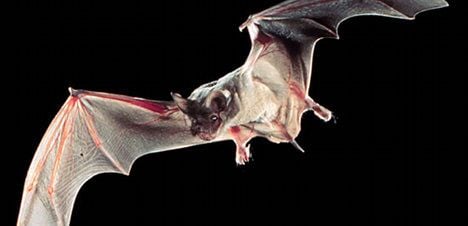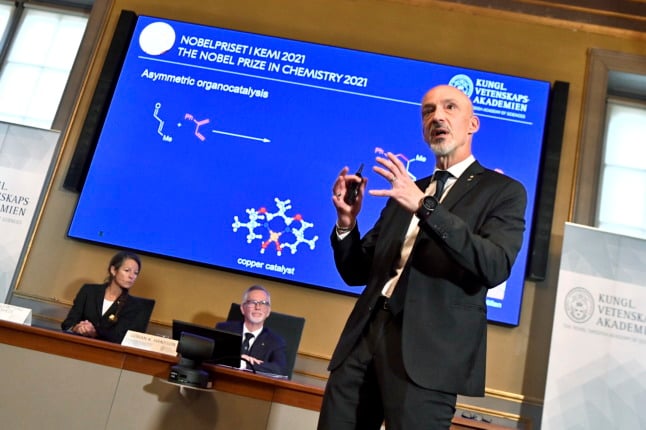Malaria, although popularly seen as a disease affecting humans in the tropics, is actually present in many other animals including birds and rodents. Scientists from the University of Lausanne say Swiss bats are infected by a wingless fly, Nyceteribia kolenatii, rather than by a mosquito. The fly lives permanently on the bat and drinks its blood.
The kind of malaria being studied by the scientists, Polychromophilus murinus, was first identified in the nineteenth century in bats in Italy. Since then little more research has been done on the presence of malaria in European bats.
The Lausanne scientists studied 237 bats in Switzerland and found that malaria was present in 4 percent of some species, but in 51 percent of one particular bat species.
Dr. Philippe Christe, the leader of the study, said the increased understanding of the mechanisms of various species’ anti-malarial defences could help in the search for new treatments for the disease in humans:
“This research could open new avenues of investigation into malaria in humans, which is responsible for high infant mortality, particularly in Sub-Saharan Africa,” he said in an article on the university’s website.



 Please whitelist us to continue reading.
Please whitelist us to continue reading.